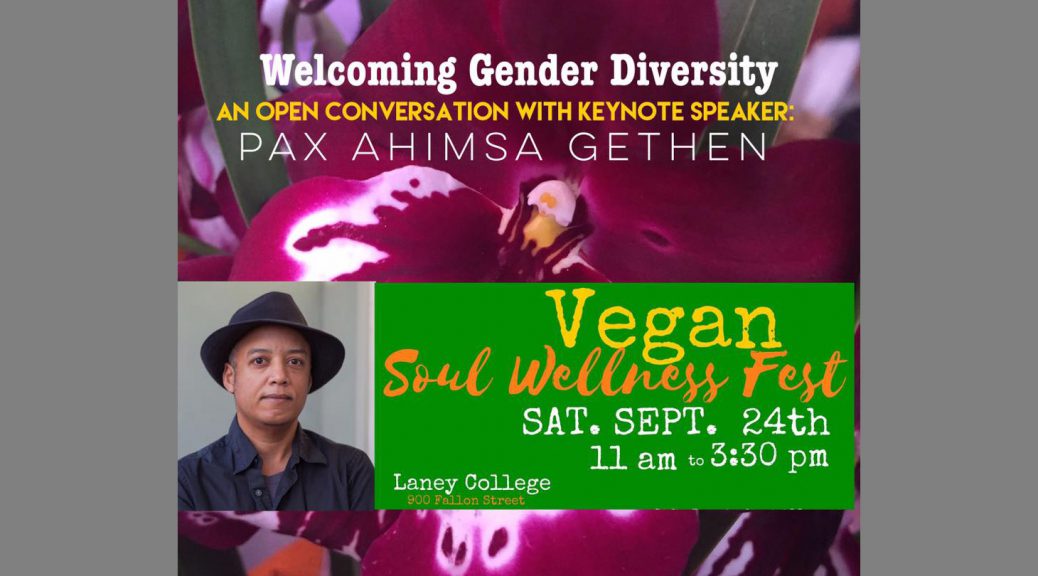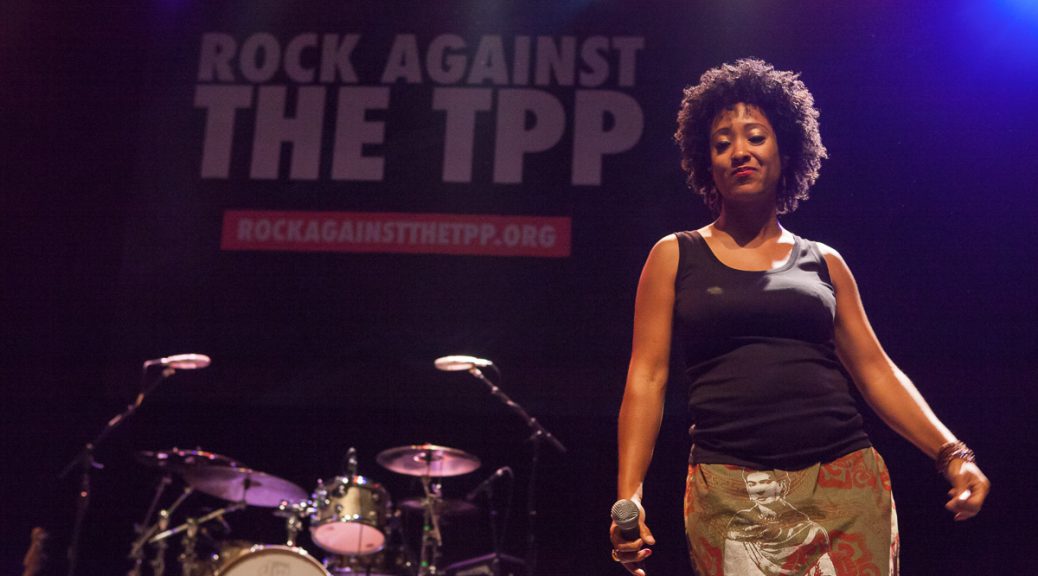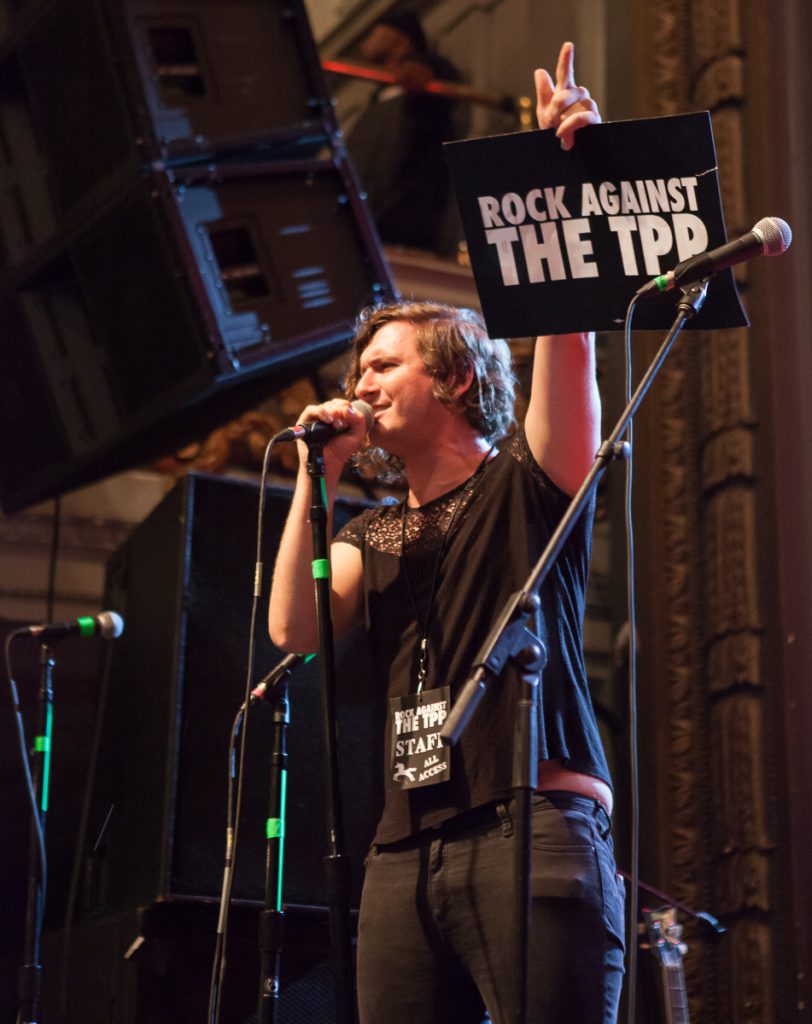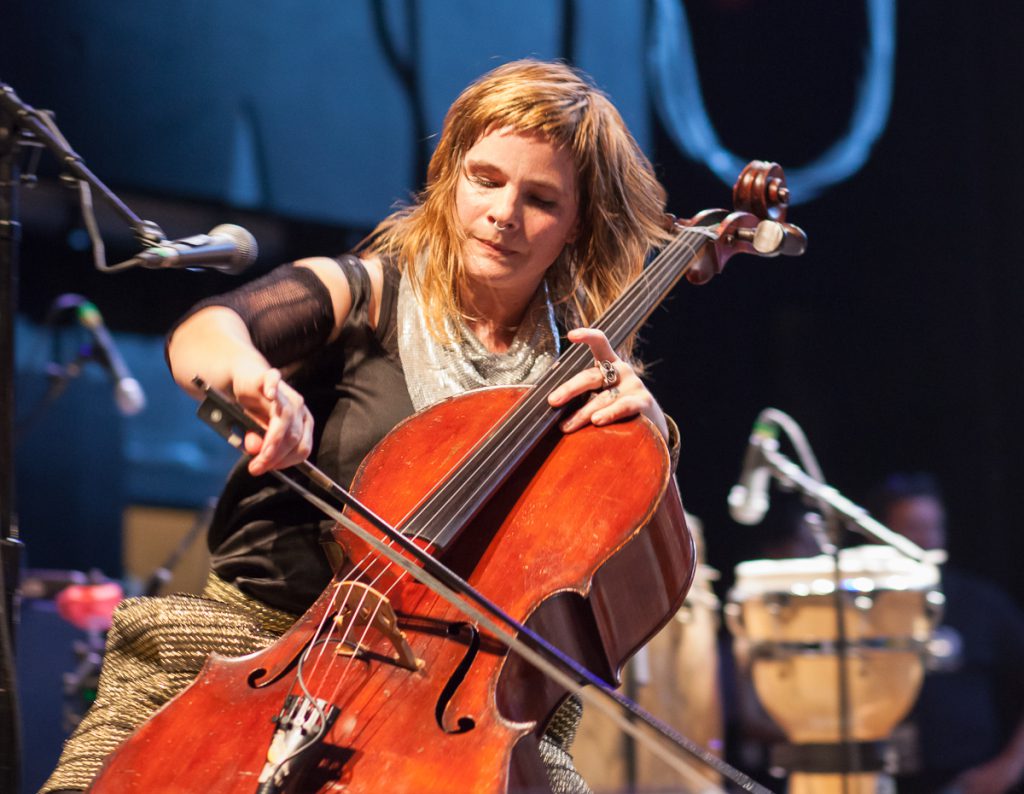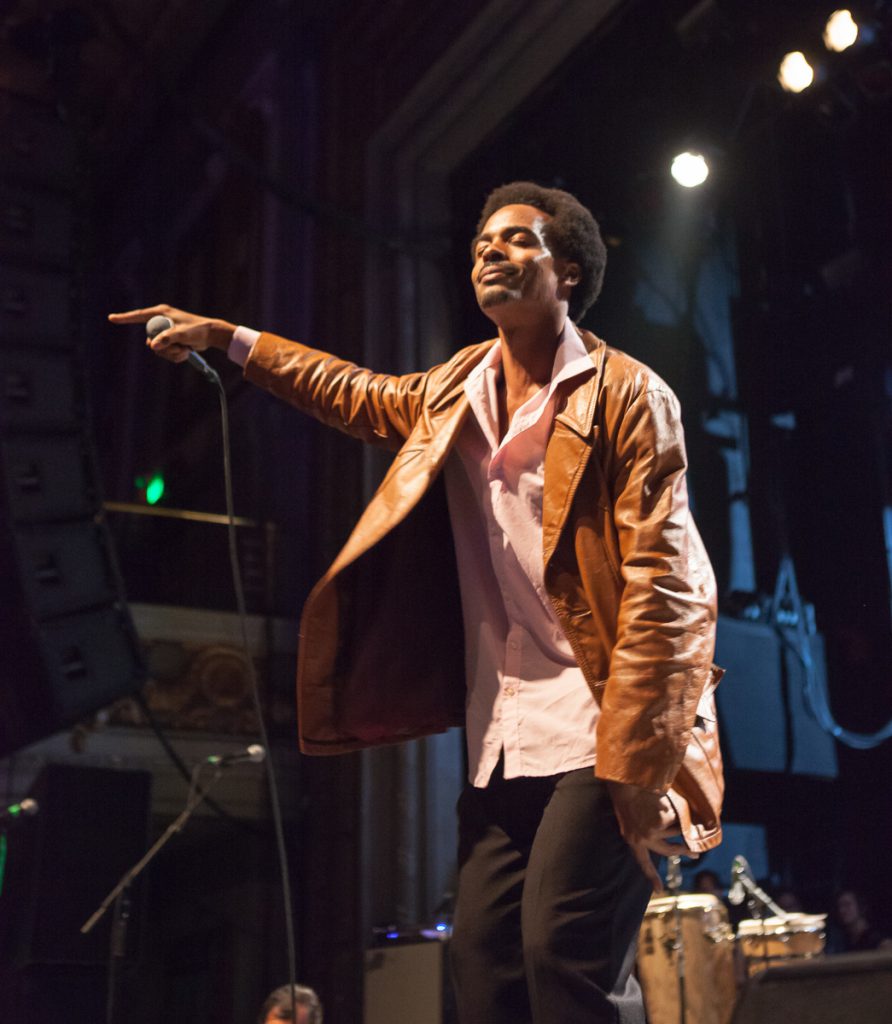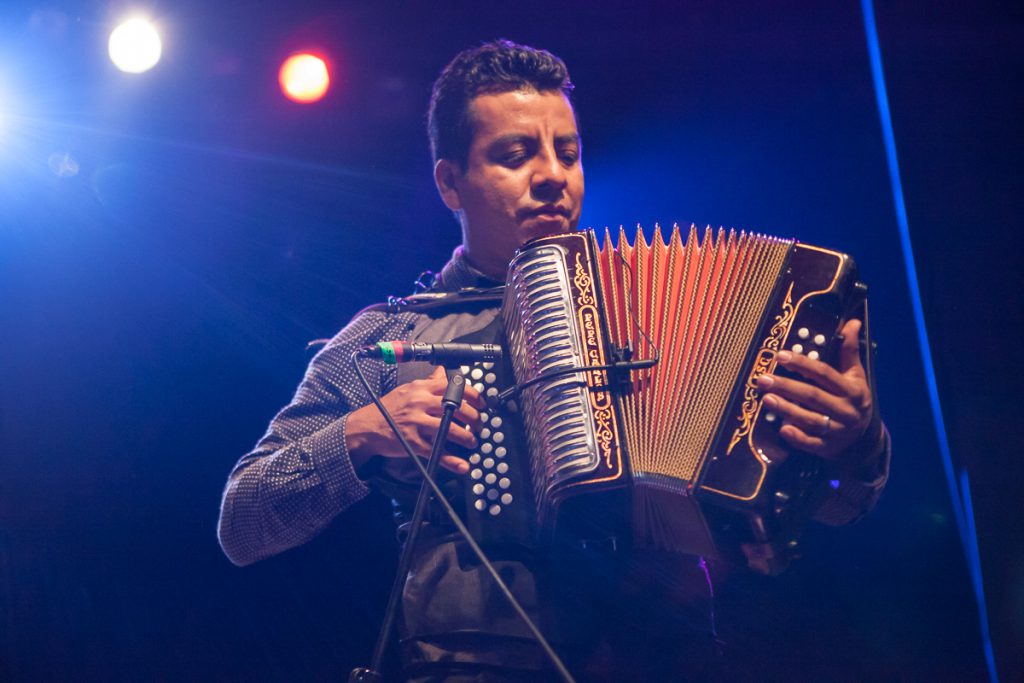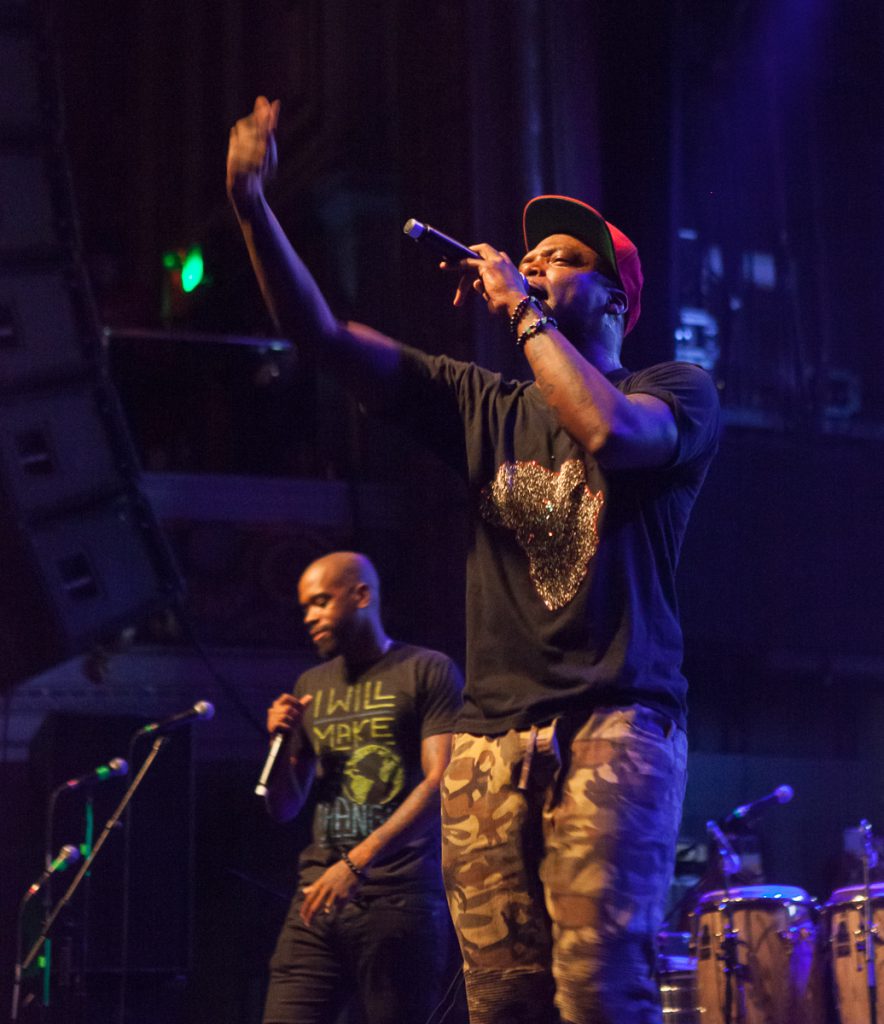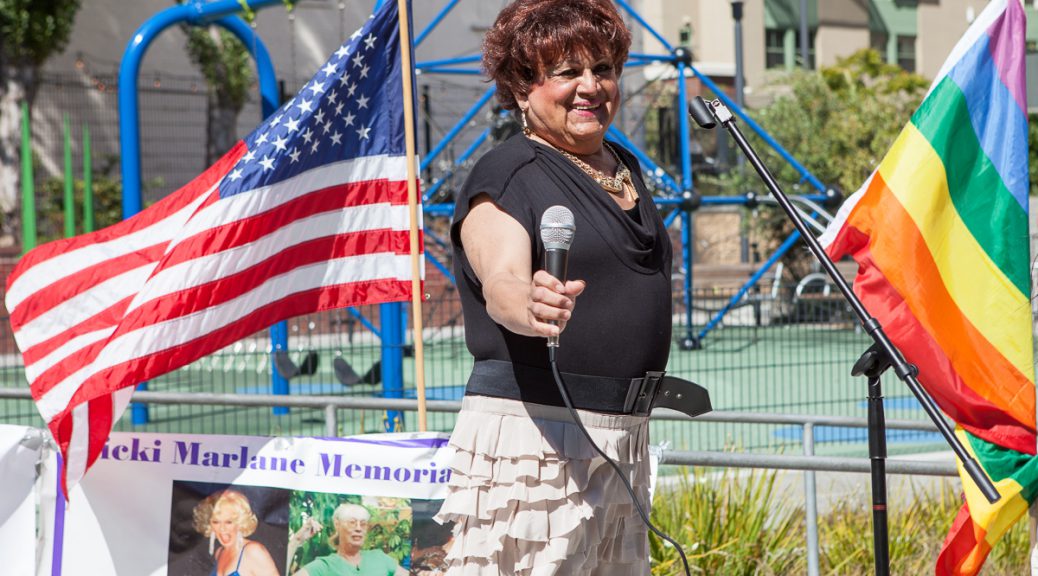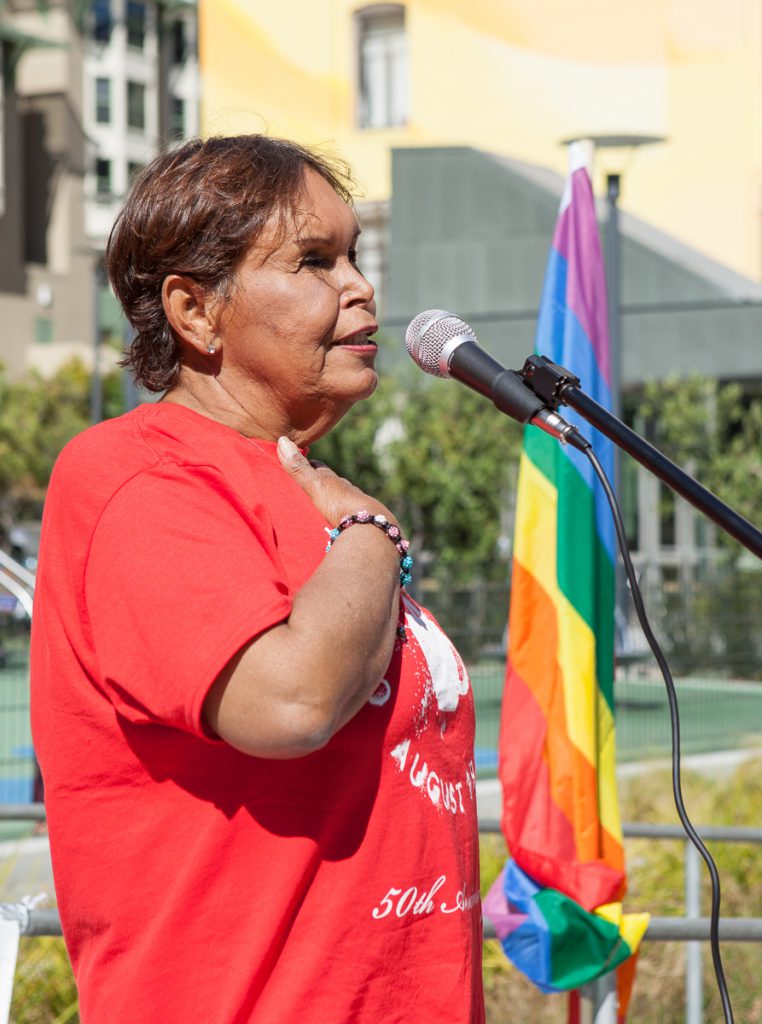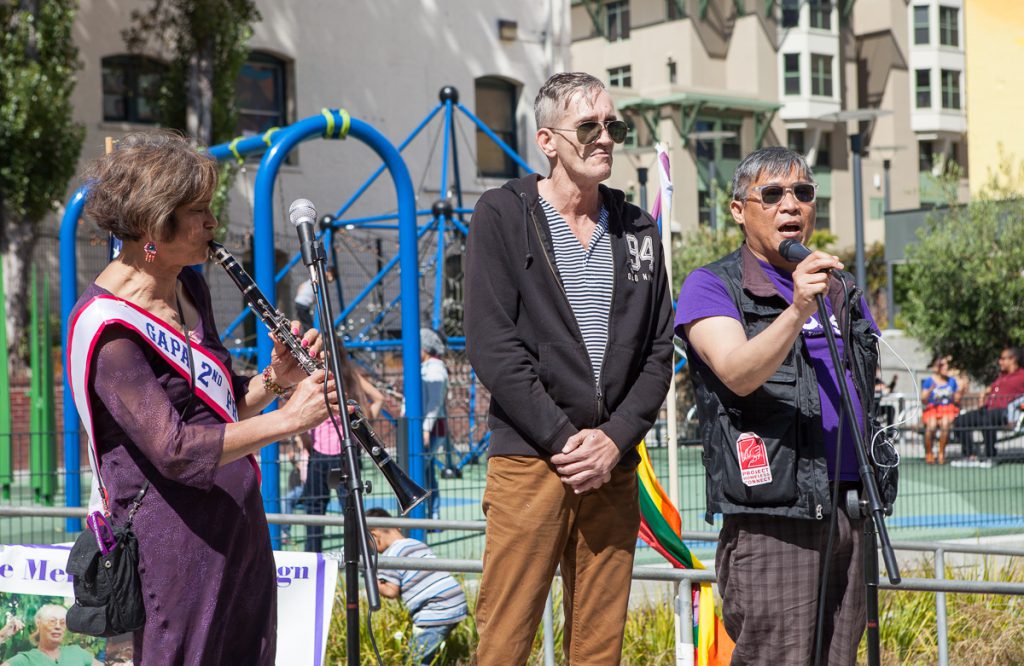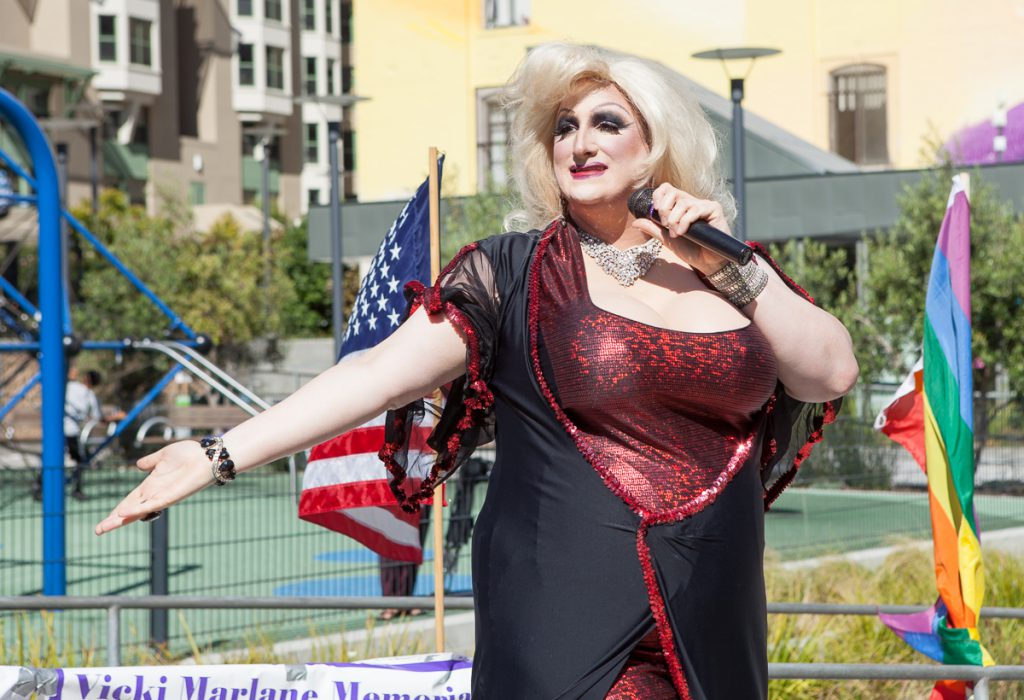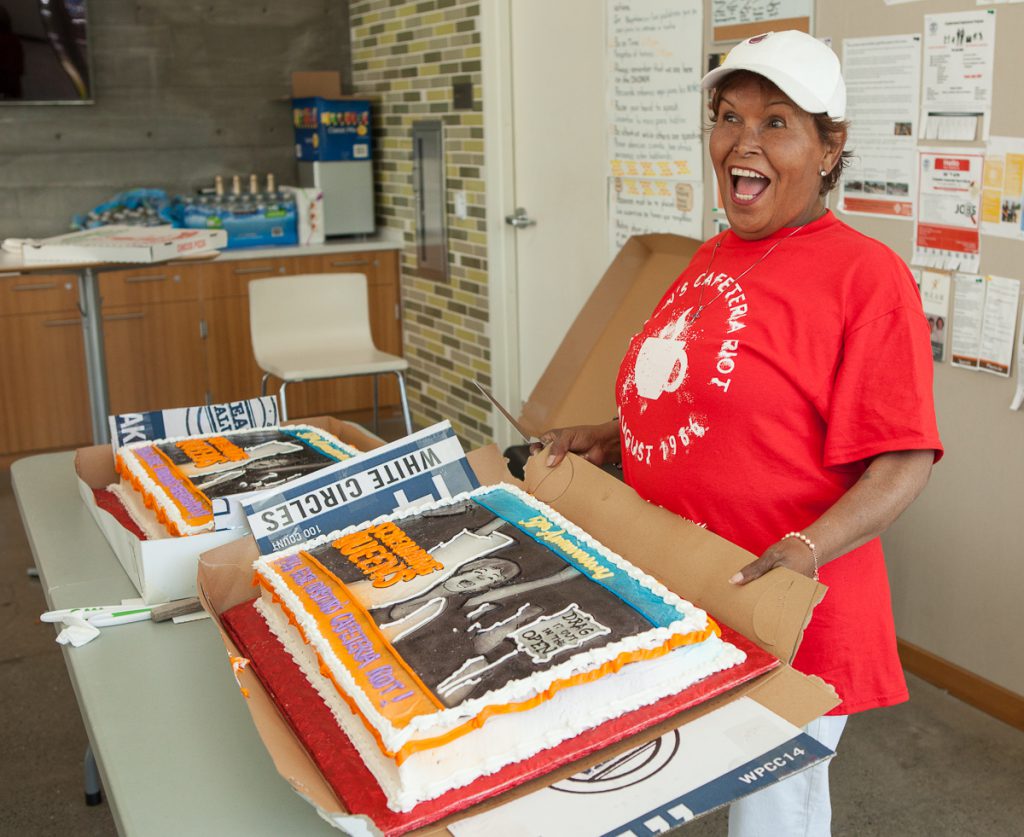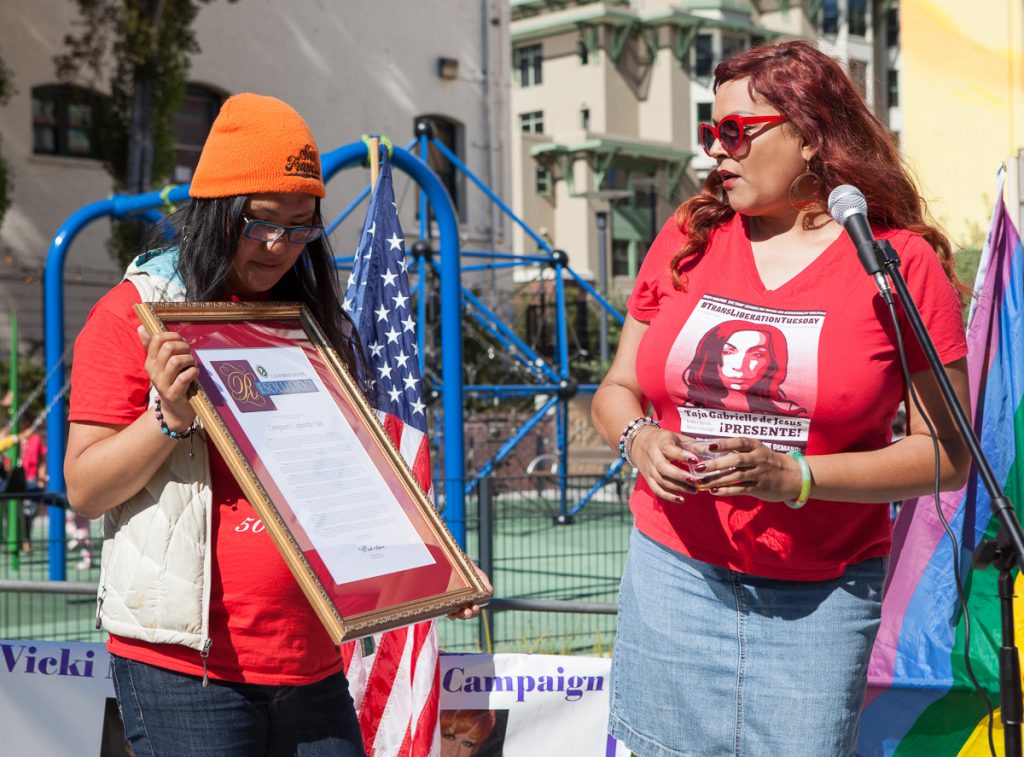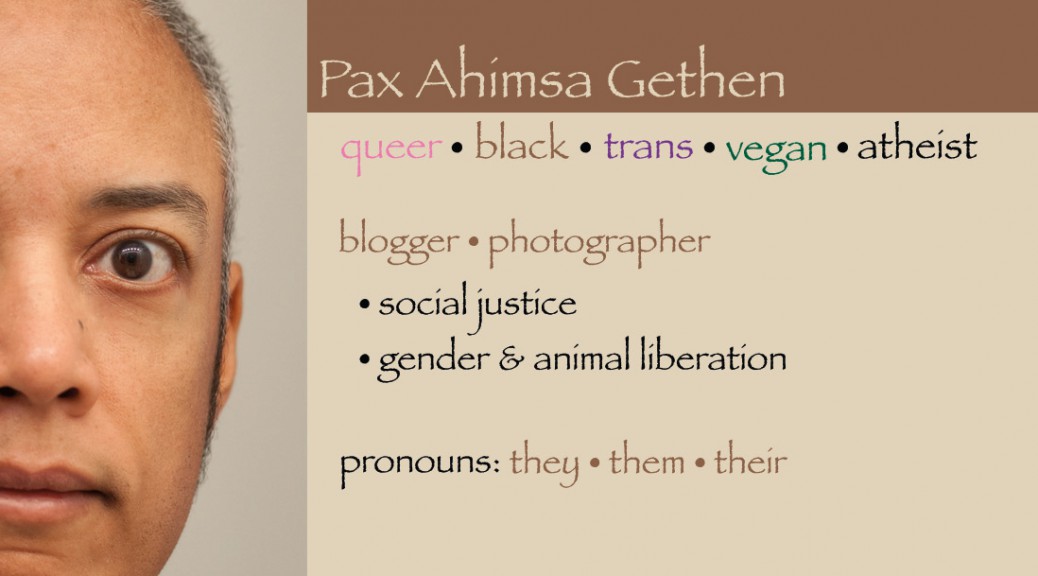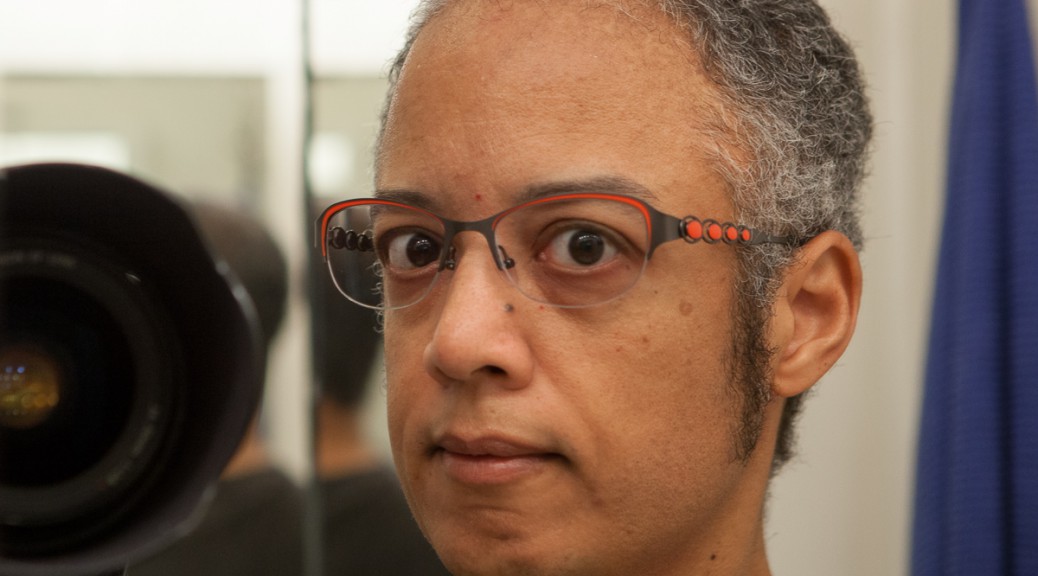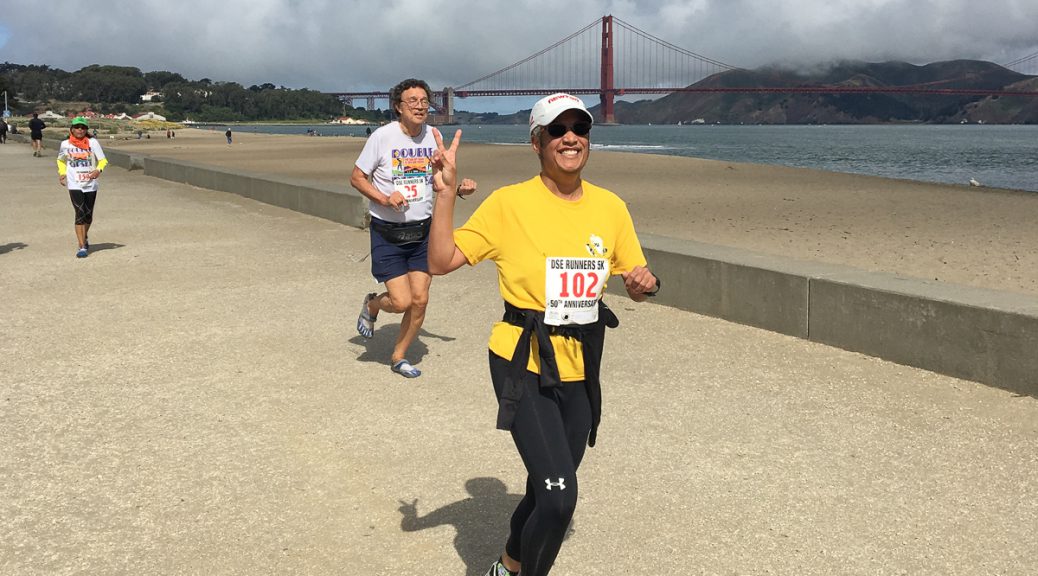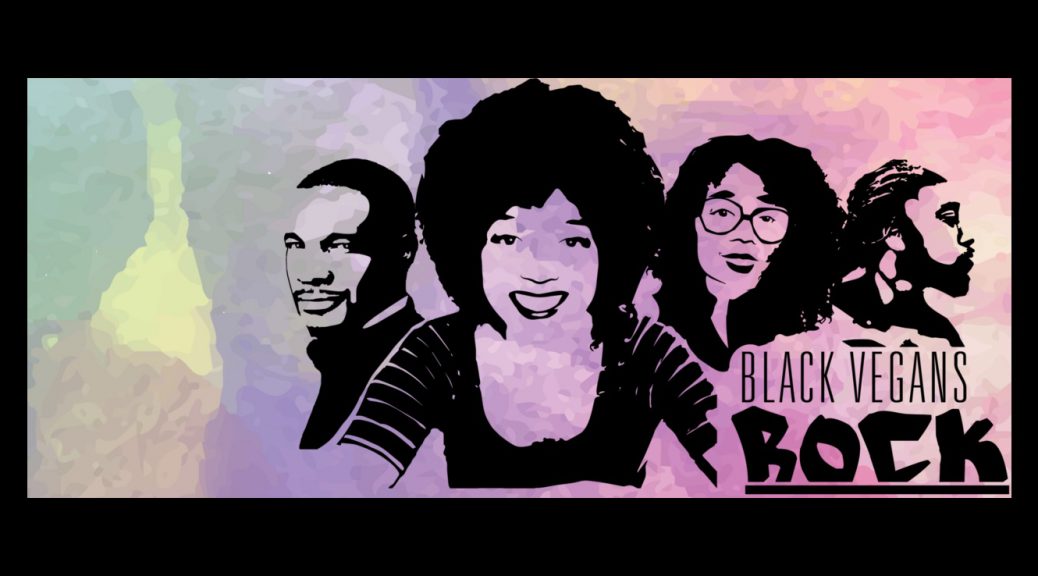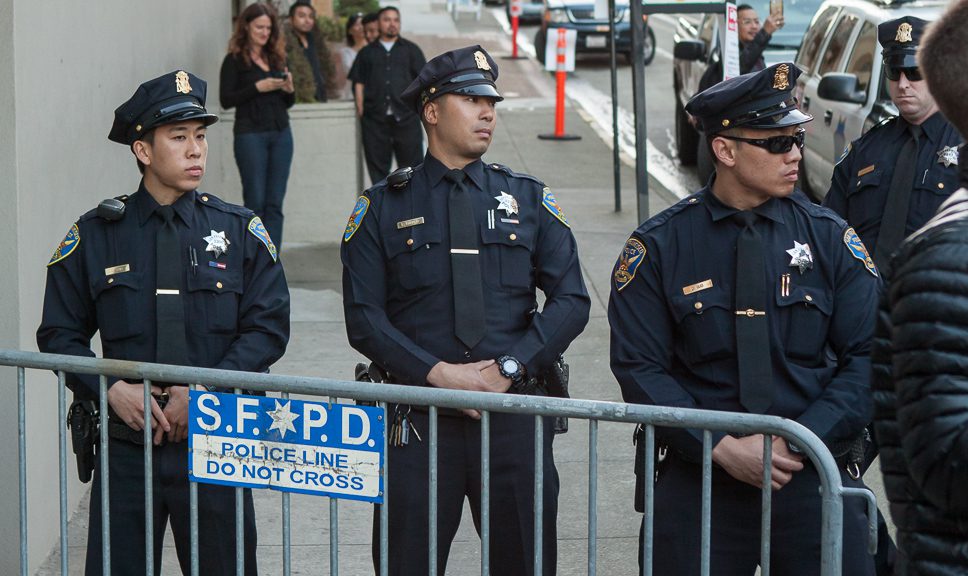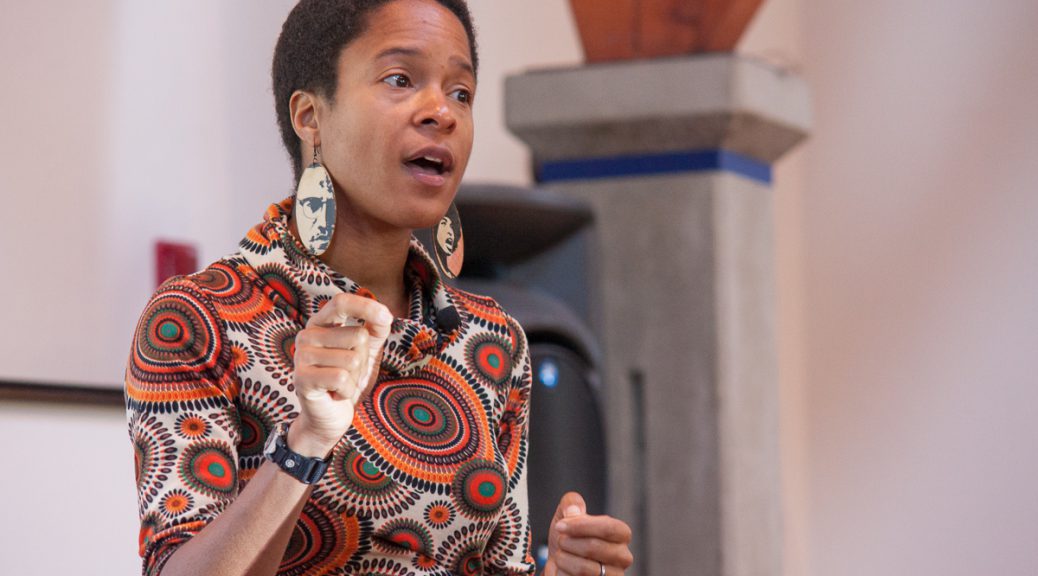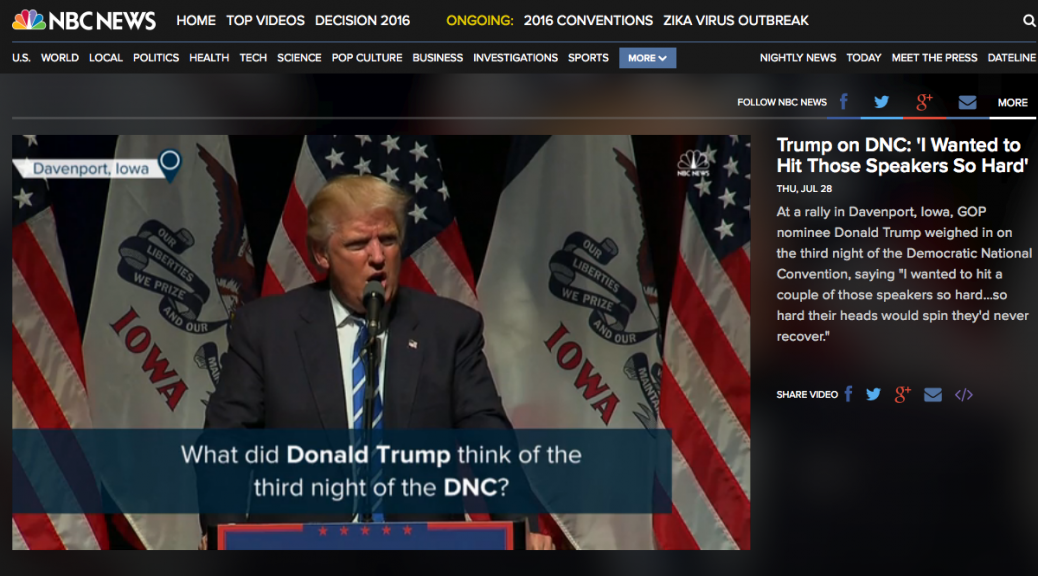[Image: Self-portrait of Pax wearing glasses with red and black frames.]
Three years ago today, I announced my new name, Pax Ahimsa Gethen, to the world. While my legal name and gender change didn’t take place until nearly a year later, that was just a formality as far as I’m concerned. Pax has been my real name since August 23, 2013.
While it took awhile for friends and acquaintances to get used to the change, anyone who still deliberately refers to me by my previous name at this point is basically being an asshole, and should be treated accordingly. I have no tolerance for intentional deadnaming, which is not only disrespectful but an attack on the trans community. It doesn’t matter what politics, privileges, or personal qualities the individual being deadnamed has, and it doesn’t matter if they laugh or shrug it off. Not all trans people can laugh in the face of verbal violence, and asking marginalized people to ignore oppression is itself oppressive.
I’ve been fighting this battle on Wikipedia, where some editors complain that avoiding deadnaming is historical revisionism, even if the trans person did not become notable before their gender transition. They complain of political correctness, social justice warriors, and attacks on “free speech“, when I’m just arguing for trans people to be treated with respect and dignity.
While I’m not currently notable enough to have a Wikipedia article, my deadname is all over the Internet, as I’ve been active online for over 20 years and have never made an effort to conceal my identity. I could never hope to go stealth, but I do expect people who learn of my previous name to respect my wishes to avoid using it. Seeing it is triggering, and people who deliberately deadname me to cause emotional distress are, again, being assholes.
Even though my deadname is easily findable online, nearly all of my official documents have been updated with my current legal name and gender for over a year now. One of the few exceptions is my birth certificate. Part of the reason is that the state I was born in, Pennsylviania, required proof of surgery for a change in gender until very recently. That requirement was lifted just this month, which is great news.
But I’m still not sure if I want or need to update my birth certificate. I almost never see this document, so it’s not triggering to me, and I haven’t needed it to change any of my other IDs, including my passport. I don’t blame my parents for choosing the name they did, and I don’t blame the hospital for assigning a female sex to me based on the available evidence. Ideally, however, I would prefer that newborns not be gendered at all. A notation of their genital arrangement—which is normally the only criteria for saying “It’s a boy!” or “It’s a girl!”—could be part of a sealed medical record.
Updating my birth sex wouldn’t be “historical revisionism”; it would be a correction to an arbitrary and incorrect assumption about my gender. My current name, on the other hand, is not one that I had until three years ago. That doesn’t mean it’s OK to deadname me, but it would be just as inaccurate to say that I was “born” Pax Ahimsa Gethen as it is to say that I was “born” female. If I were trying to go stealth or needed to update my birth record in order to get other official documents changed, this would be a much easier decision, but as of now I’m not really sure it’s necessary. I’m just glad that at least it’s an option now, for those of us who have not had surgery.
In any case, happy nameday to me! I’m not doing anything special to celebrate, though Ziggy, who is working long hours today, did make my traditional birthday breakfast of champurrado (Mexican chocolate porridge) yesterday. As my transition progresses, I expect to de-emphasize my birthday, which has a number of unpleasant memories attached to it, in favor of recognizing this nameday, and celebrating my authentic self.
Like this:
Like Loading...
